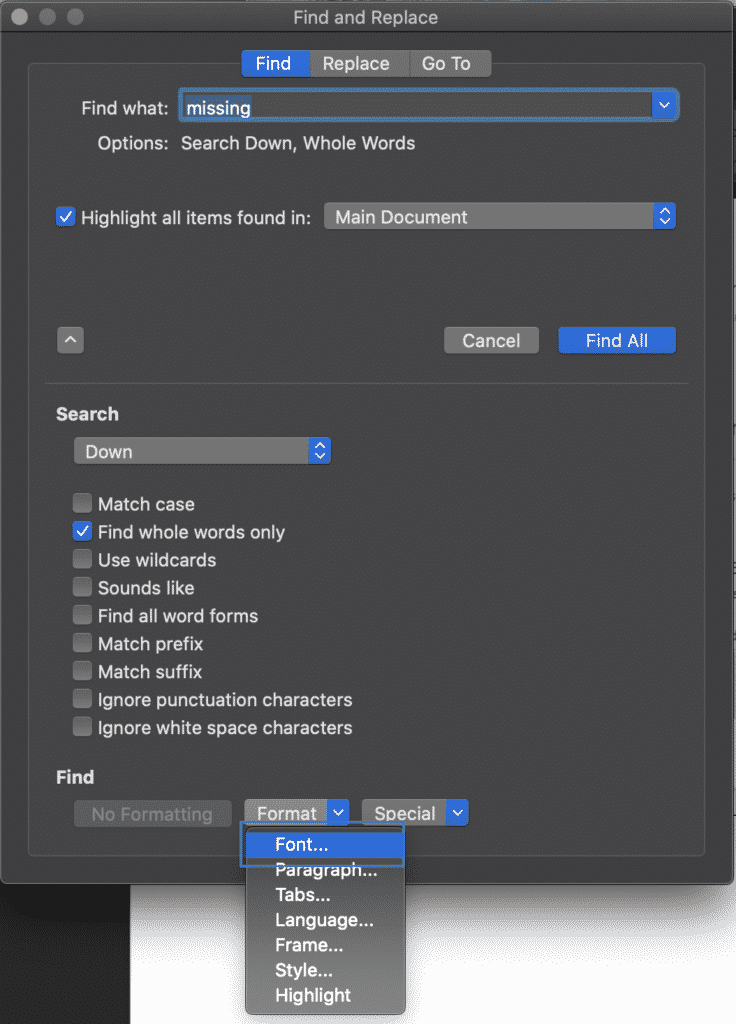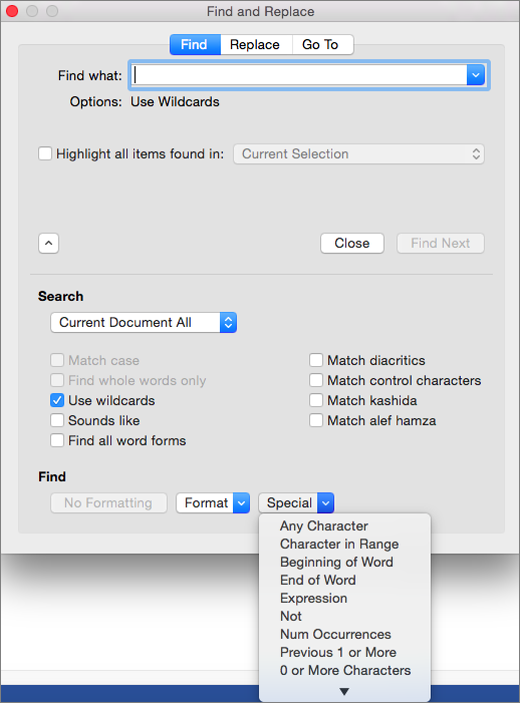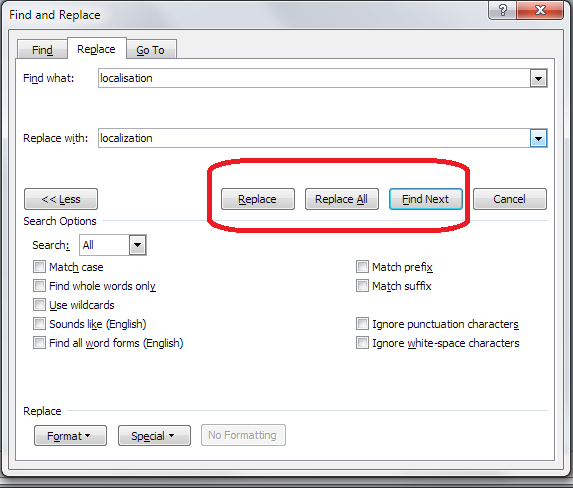


If don’t want the punctuation in italics, then you’ll need to run another find/replace using wildcards to change the punctuation back to normal text:

The end result will be an italicised word with its trailling punctuation also in italics. Again, don’t forget to set the Replace to italic font.

If you don’t want to keep the punctuation, then just leave it as \2. If you want to keep the punctuation, then you need to add \3 to the Replace. For straight double quotes, you’d change it to: Use the relevant Find from any of the above, depending on the style of quote marks you’re looking for, and add an extra command () to find the comma or period too. Case 5: Period or comma inside the closing quote mark Don’t forget to copy an opening one for the left part of the Find string, and a closing quote for the right part. NOTE: It’s easier to copy a curly quote from the main Word document and paste it into the Find. Note: This may not work-if it doesn’t, try (‘)(*)(‘) as the Find, but be careful when replacing as a single quote mark is also used as an apostrophe. Case 4: Single curly quotesįor those preferring to use ACSII codes, an opening single straight quote mark is ^0145, and a closing single straight quote mark is ^0146. Case 3: Double curly quotesįor those preferring to use ACSII codes, an opening double curly quote mark is ^0147 and a closing one is ^0148. Case 2: Single straight quotesįor those preferring to use ACSII codes, a single straight quote mark is ^039.


 0 kommentar(er)
0 kommentar(er)
